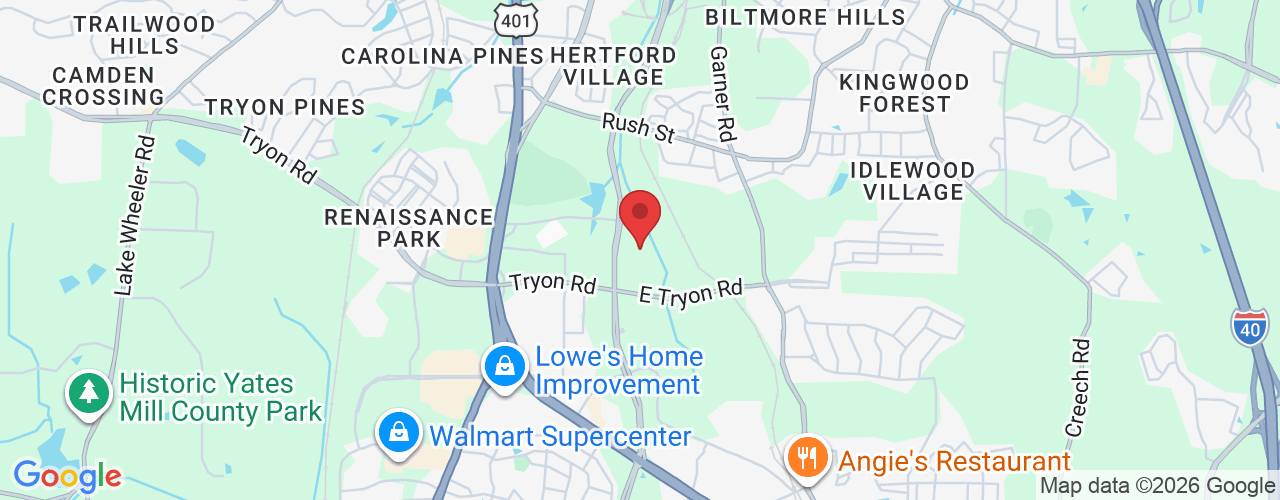
Answering Common Questions about Turning Yourself In
Being stuck in the criminal justice system is no cakewalk. The faster you take a step to get out of jail, the better it is for you, and if you have a warrant or suspect one, it’s better to turn yourself in than live in constant fear. Whether you think it’s the cops when there’s a knock at your door, or when you are trying to be extra careful to ensure you don’t get pulled over because you suspect you might be charged with a crime, adopting a proactive approach can always help. Fear cannot solve the warrants or the legal problems you are facing, but bail bond services can. So, without further ado, let’s understand everything about self-surrendering and how bail bonds help secure freedom.
To help you get started, here are some frequently asked questions about the subject matter.
1. What do You Mean by Self-surrender or “Turning Yourself In”?
If you are turning yourself in voluntarily to the authorities, it means you are admitting your involvement in a crime and accepting the legal responsibilities on your part. Self-surrendering before the law demonstrates your cooperation with the legal system, and it can make bail easier for you or help reduce the penalties during sentencing.
2. What to Do When You Find Out About an Active Warrant?
If you find out you have an active warrant on your name, it’s always better to cooperate with the law instead of fleeing or hiding. In addition, you can also reach out to an attorney or bail bond agent in advance, so you can be better prepared for the case and have everything planned.
3. What are the advantages of self-surrendering?
When you surrender yourself voluntarily, it displays your remorse and cooperation, which influences the legal process in your favor. Besides turning yourself in can also have a positive impact on your sentencing and lead to reduced charges or sentences, if needed. If you do have a warrant, self-surrendering allows you to take control of the situation and turn yourself in at a time that works best for you. For instance, you can take days off of work or make arrangements for childcare, which minimizes the disruption to your life.
4. Can You Post Bail After or Before Self-Surrendering?
Before surrendering, verify bail status with a bonds company because different counties follow a set bail schedule for specific crimes, bypassing the need for a judge’s setting. If bail is set, coordinate with a bonds company for paperwork and fees. They can post bail after surrendering and booking. If not set, await bail determination for bonding assistance.
Conclusion
If you have surrendered on your own and need the aid of a professional bail bondsman, it’s always best to contact licensed agents. Whether you need more information about how bail works, what’s the process or you just want financial aid to post the bail, bail bond agents can be there to help you for a small premium fee of about 15%. Searching for professionals who can help you secure your freedom after you have been arrested? Contact the team of licensed bail bond agents at EZPZ Bail Bonds today!

